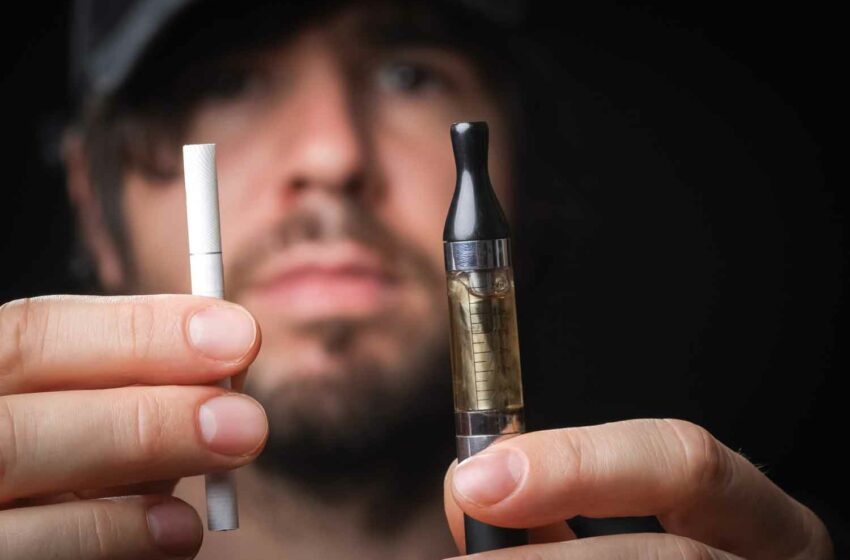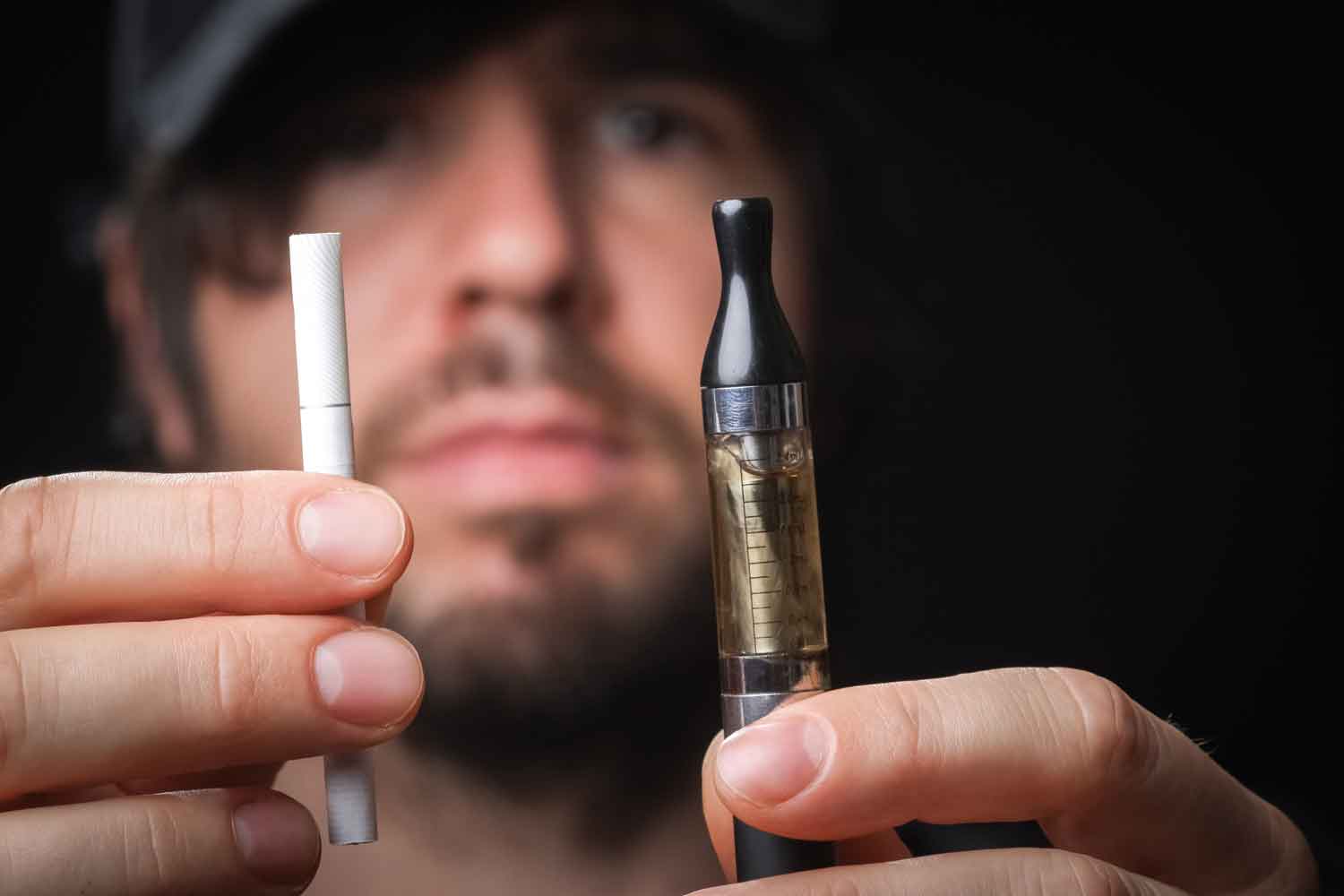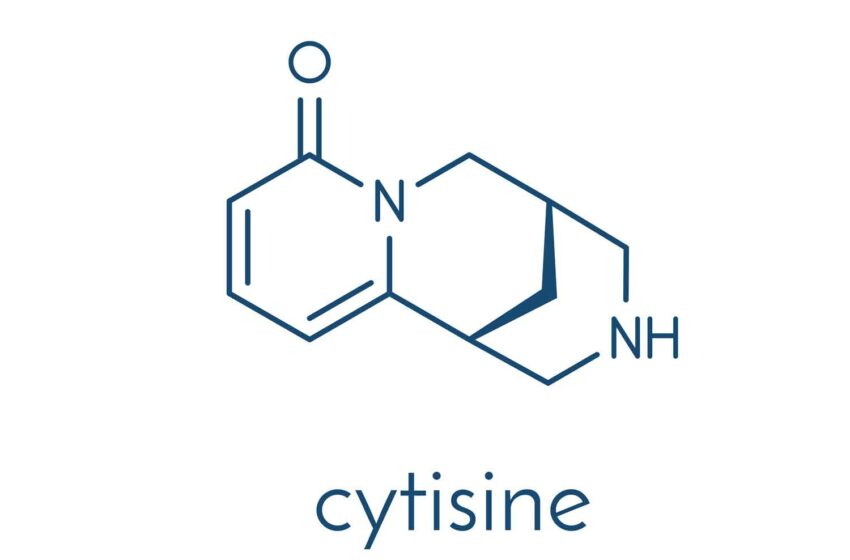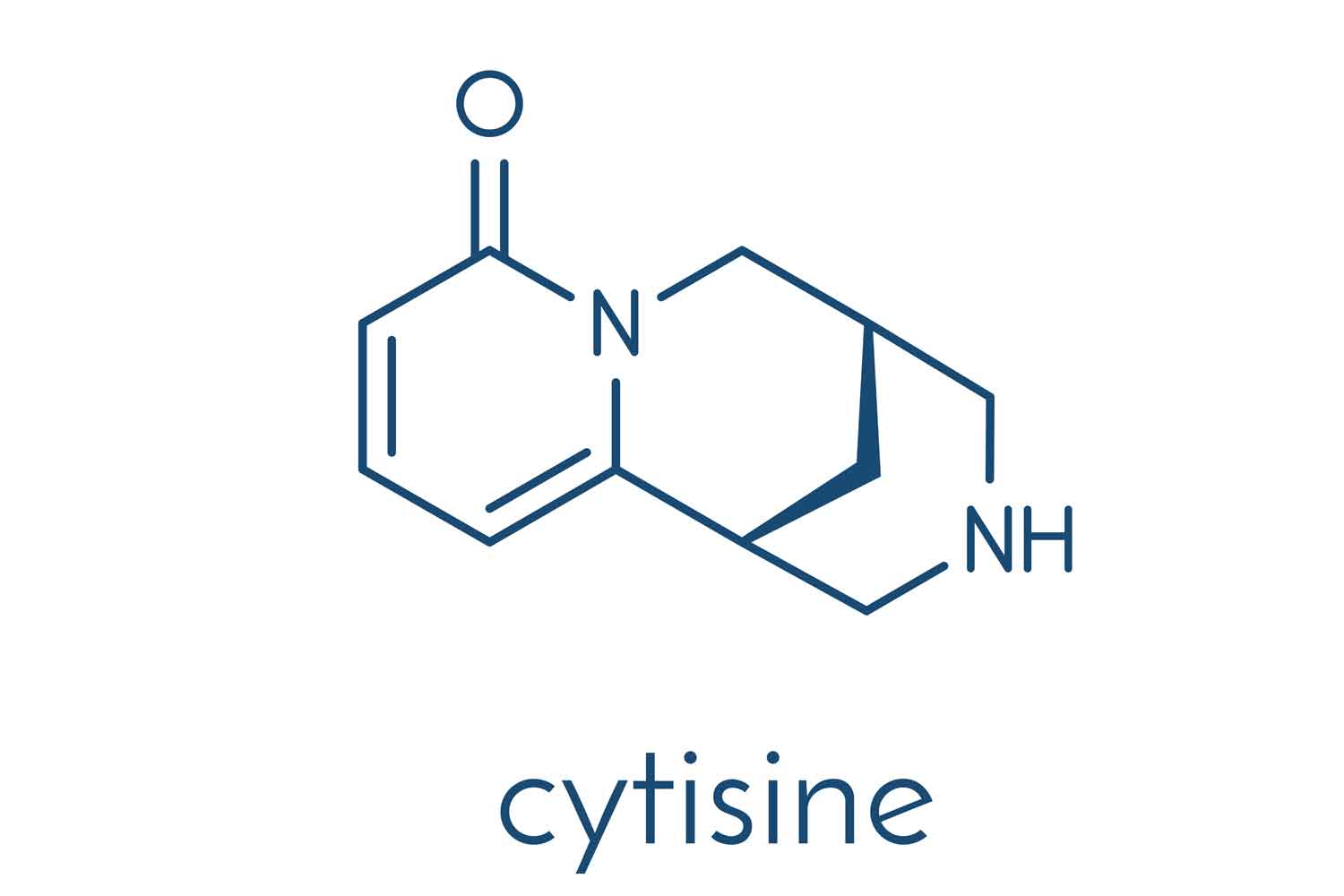
Ispire Technology has partnered with Touchpoint World Wide, parent to Berify, a platform that links physical products to the digital world, digital engagement, and brand protection, and Chemular International, a multi-disciplinary regulatory consulting firm to form a joint venture.
The group hopes to expedite innovation in the e-cigarette technology space, including developing secure, user-friendly solutions for age verification and age-gating nicotine vapor devices.
“The U.S. market is ripe for technological disruption that addresses age-verification, safety, and counterfeit issues,” said Berify Founder and CEO Dan Kang. “Our mission is also to create smart products that generate a new level of consumer satisfaction. We plan to achieve this by leveraging our blockchain authentication, tokenized rewards, and creating true decentralization while keeping companies in control of their products and data.”
Leveraging Berify’s multi-patented technology, Chemular’s regulatory consulting and PMTA expertise, and Ispire’s hardware capabilities, the joint venture’s goals are to introduce an industry-standard age-verification solution for vapor devices as well as the submission of PMTA applications that incorporate new technologies across the U.S. e-cigarette market.
“Our commitment is not only to create next-gen vapor devices but also to elevate market education. This venture includes additional partnerships that will bring together biometric identity and access control, ensure the solution is embedded into vapor devices during manufacturing, and provide safety, security, and privacy for consumers,” Kevin Burd, CEO of Chemular, added. “It is also a testament to our dedication to positively shaping the future of vape hardware innovation.”
Some of the possible solutions include:
- Next-generation e-cigarette hardware with a user-friendly point-of-use age-verification and geo-fencing capability that eliminates the use of hardware in certain designated areas such as schools and sensitive areas;
- E-cigarettes with end-to-end a range of dynamic features such as authentication, direct-to-consumer engagements, and exclusive offerings all built on the foundations of blockchain technology;
- A real-time biometric identity platform for user access controls, creating added security and reliability that deters counterfeiting.
“By combining our collective expertise in hardware, blockchain and regulatory consulting, we aim to set a new standard for age verification, security and overall quality in the e-cigarette space,” said Ispire Technology Co-CEO Michael Wang. “Our hope is that this JV will be a large step forward in innovative device control, safety, counterfeit prevention and enhanced user experiences that increase overall market and consumer satisfaction.”


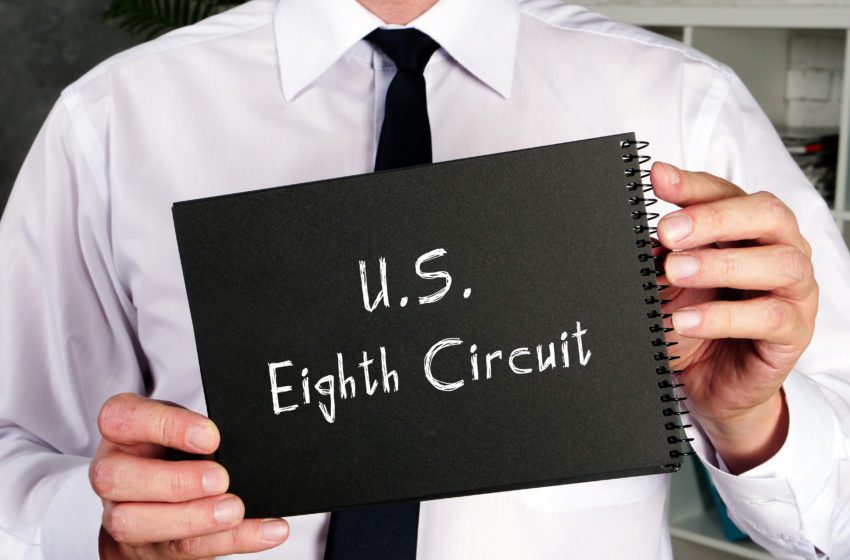
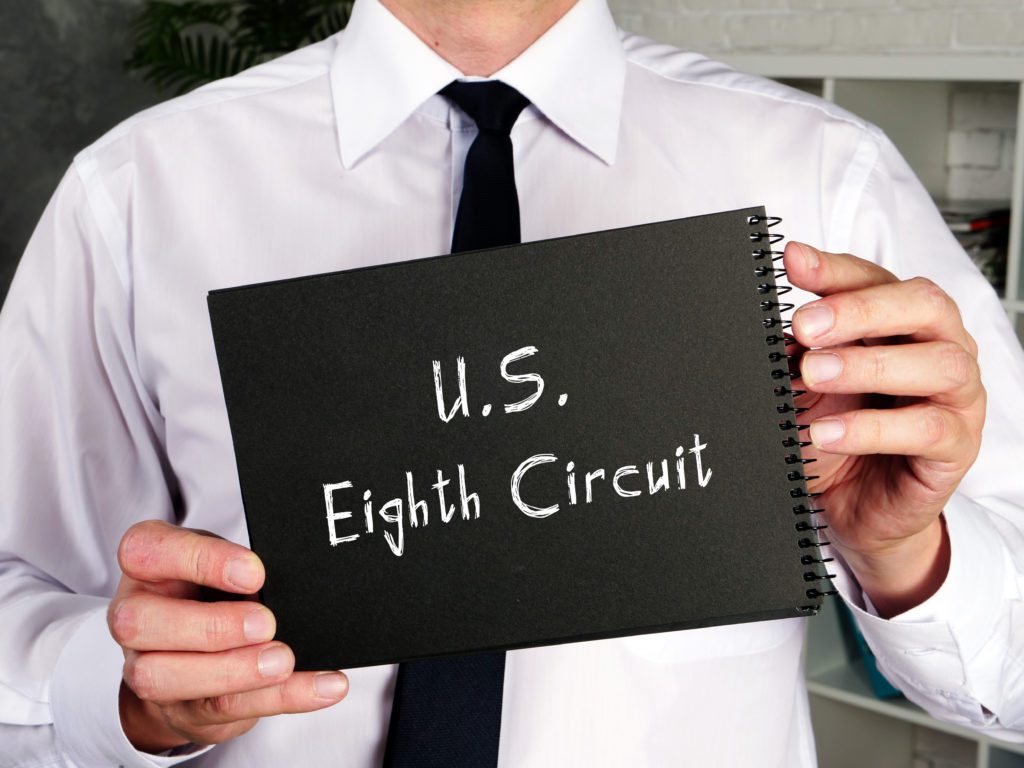
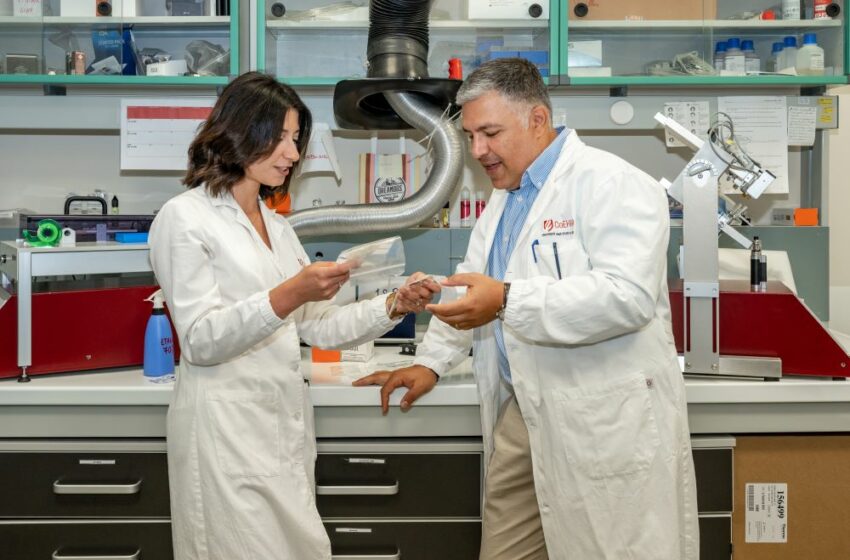
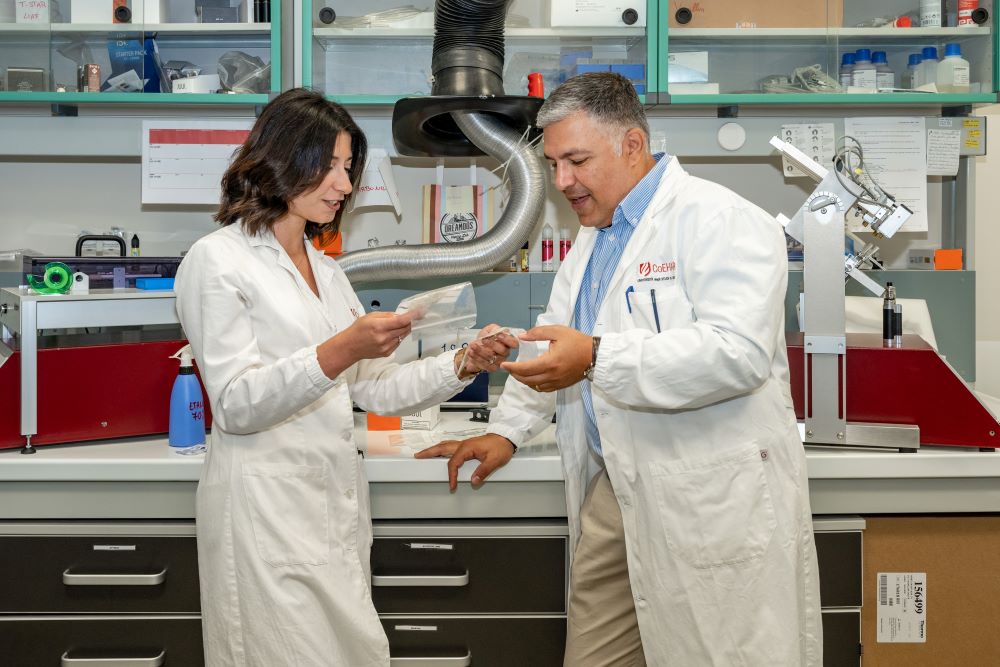
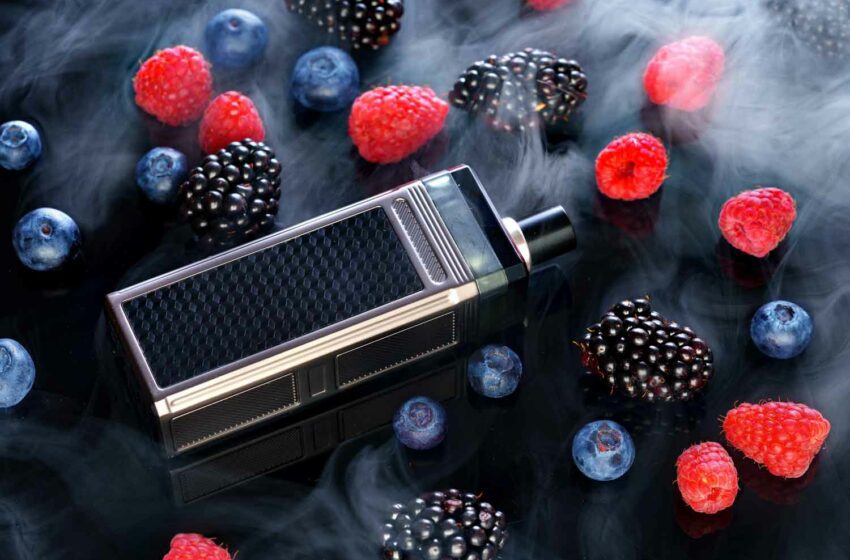



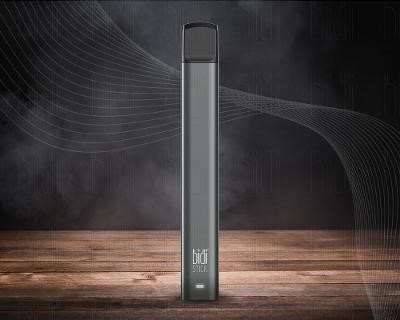
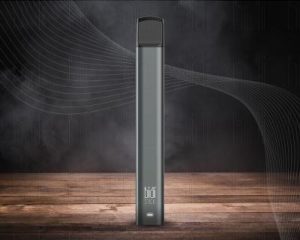 The U.S. Food and Drug Administration has issued a marketing denial order (MDO) to Bidi Vapor LLC for its Bidi Stick classic e-cigarette. The Bidi Stick is a closed-system, disposable, tobacco-flavored vaping device.
The U.S. Food and Drug Administration has issued a marketing denial order (MDO) to Bidi Vapor LLC for its Bidi Stick classic e-cigarette. The Bidi Stick is a closed-system, disposable, tobacco-flavored vaping device.

